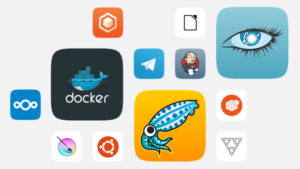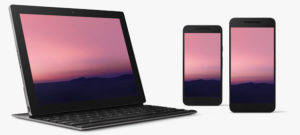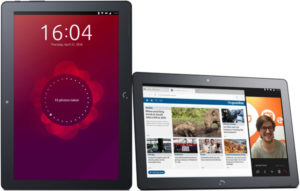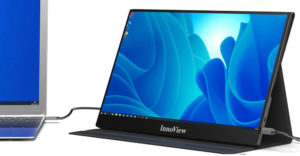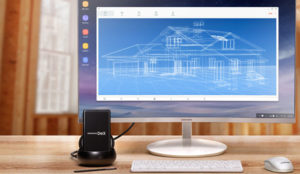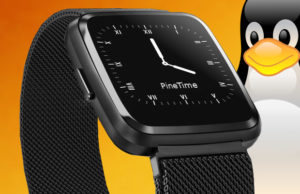
AT&T Mobility CEO Ralph de la Vega caused a stir at a press conference at CTIA Wireless 2008 in Las Vegas Wednesday when he expressed interest in Google’s Android platform.
Some reports even had him committing to shipping phones running Android later this year.
Others, however, only had him saying that Android was “something we would want in our portfolio.”
CTIA, the wireless mobile trade show, was held in Las Vegas April 1-3.
Last of the Giants
AT&T is the only major U.S. wireless carrier to have refrained from committing to Android. It’s also the largest U.S. wireless carrier.
Archrival Verizon Wireless joined Google’s Open Handset Alliance last December; T-Mobile USA and Sprint Nextel joined OHA when it was formed. T-Mobile, Intel, Motorola, Nvidia, Qualcomm, HTC and Google jointly launched the Android platform last year to develop open standards for mobile devices.
Looking Back
In December of 2007, de la Vega told Bloomberg News that AT&T was looking at the idea of using the Android platform in some of its handsets. Bloomberg also said AT&T was talking to Google about joining the Open Handset Alliance.
There’s no doubt that the Android platform shook up the wireless industry: A week after Android was announced, AT&T stated that customers could ditch their AT&T handsets and use any device and application from any manufacturer on its network and would not have to sign a contract.
Will Linux Rule?
There are basically three major mobile device platforms: Linux and its derivatives; Windows Mobile; and Symbian. The Android platform gave mobile Linux a major boost, and that could be further accelerated if AT&T plays ball with Android.
The problem is, there are several flavors of mobile Linux in the market, and consolidation can only benefit the industry: “We’re anxious to see the industry consolidate,” Larry Macfarlane, vice president of marketing at MontaVista Software, a major player in commercializing embedded Linux operating systems, told LinuxInsider. “We’re members of LiMo and are also working with Google’s Android, so either way it’s good for MontaVista, but consolidating would also be good for everyone.”
The LiMo Foundation is an industry consortium that recently issued an open, Linux-based, hardware-independent software platform for mobile devices worldwide.
Google Power
If AT&T adopts the Android platform, that will make Google even more of a powerhouse in the mobile wireless arena: It is trying to get access to the TV white spaces, the airwaves that will be left unused once the U.S. switches to digital TV next year. Will Google rule the mobile wireless waves?
“That’s a viewpoint we’ve heard from others and Google would love to see that happen,” Macfarlane said.
However, it’s not a likely scenario: “I expect Android to be successful but market forces won’t drive in that direction and, as Google’s strategy gains traction, other companies will adopt policies to combat it,” he continued.
Still, the result will be a win-win for all because there will be more options. “More choice is better for the customer and more openness is going to force carriers to be more pragmatic about how customers are treated in this space, which is badly,” Macfarlane said.
























































